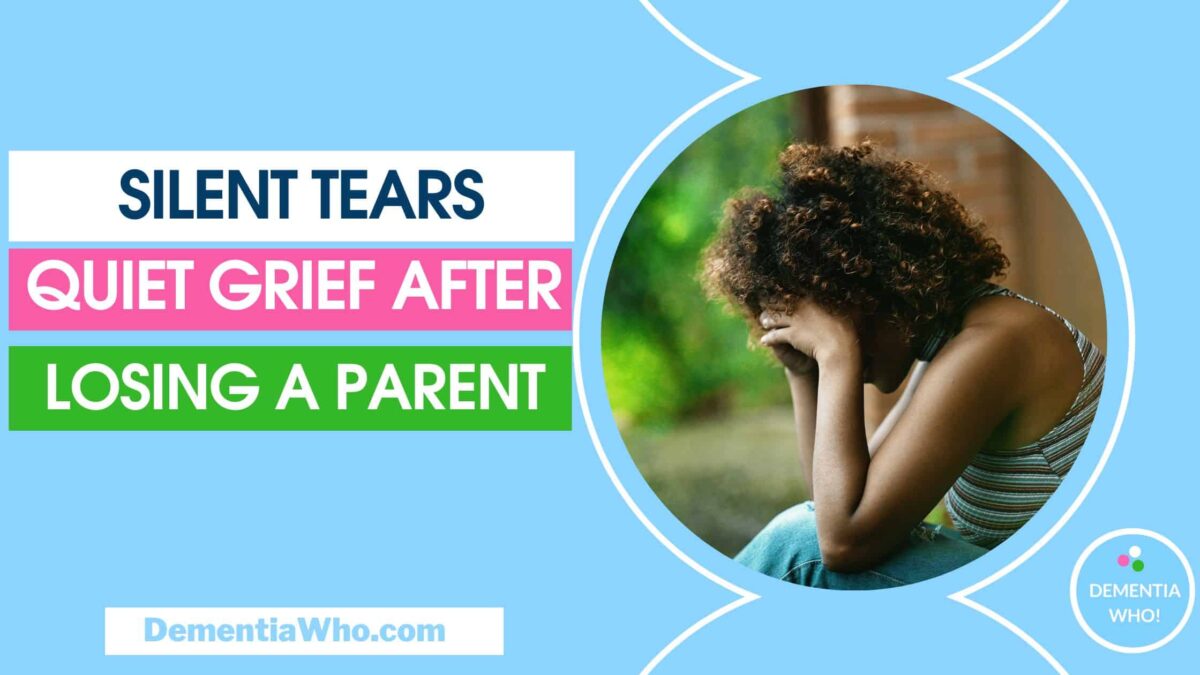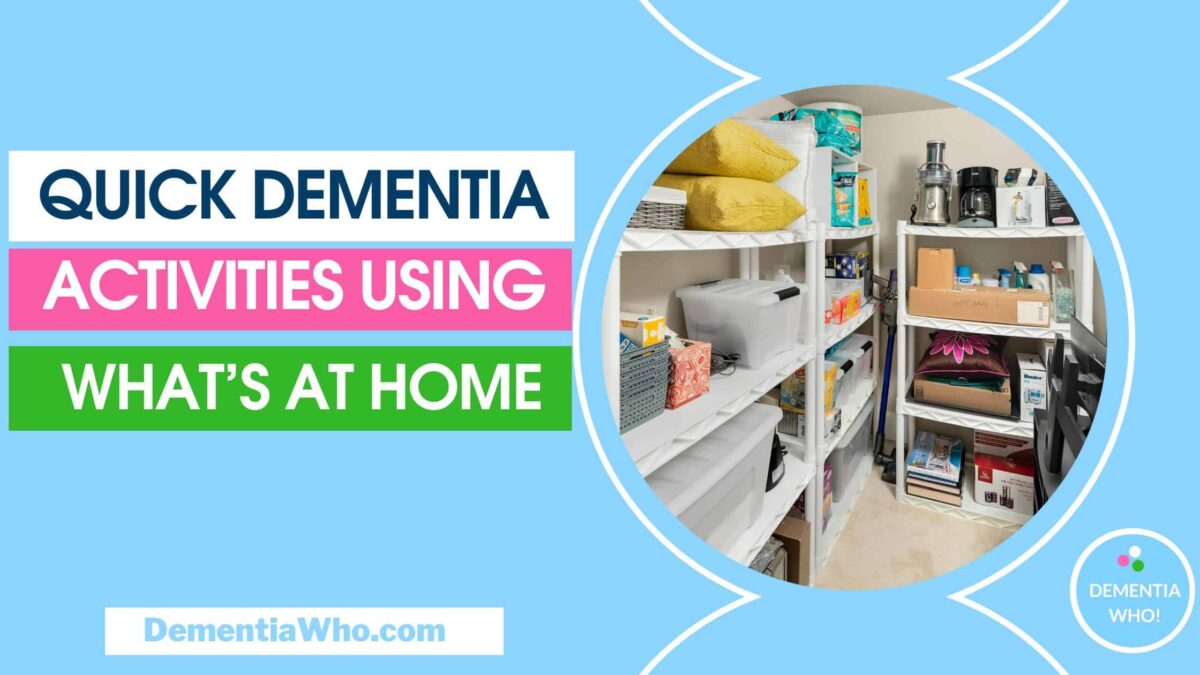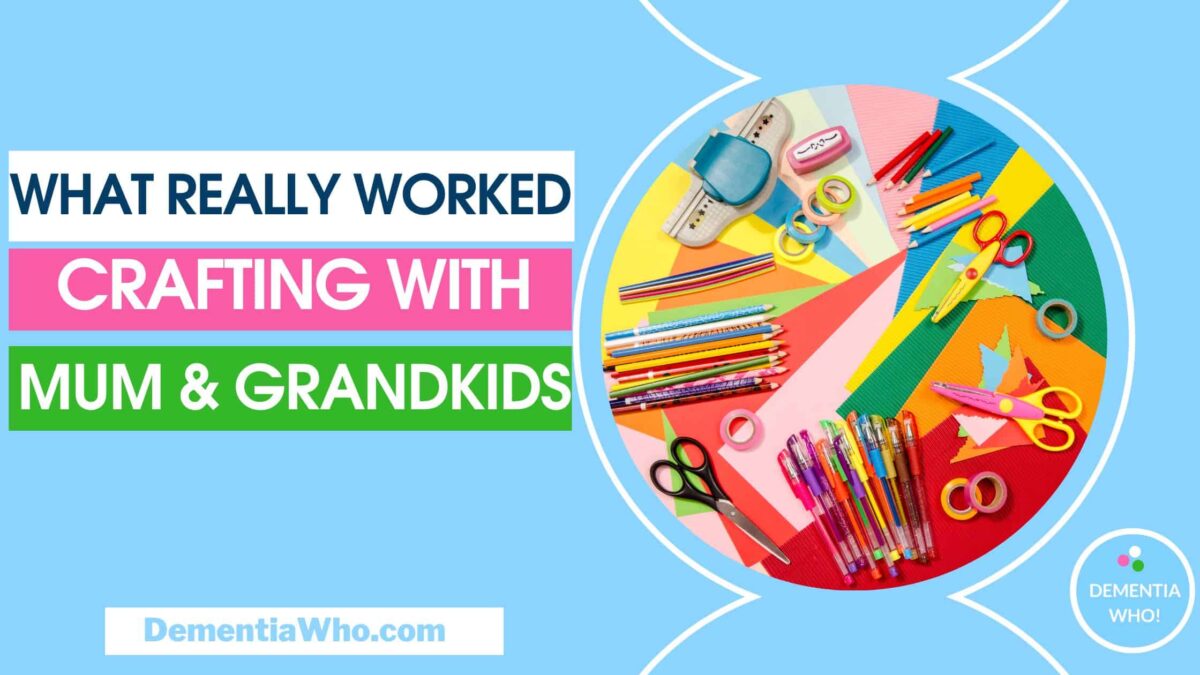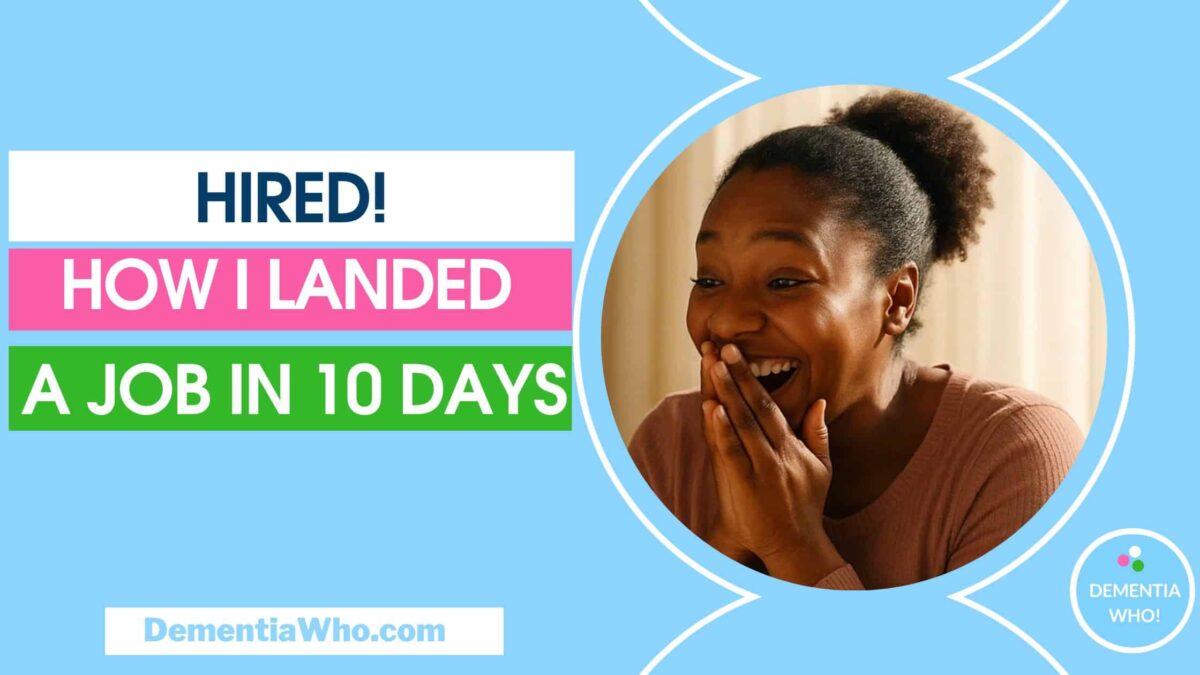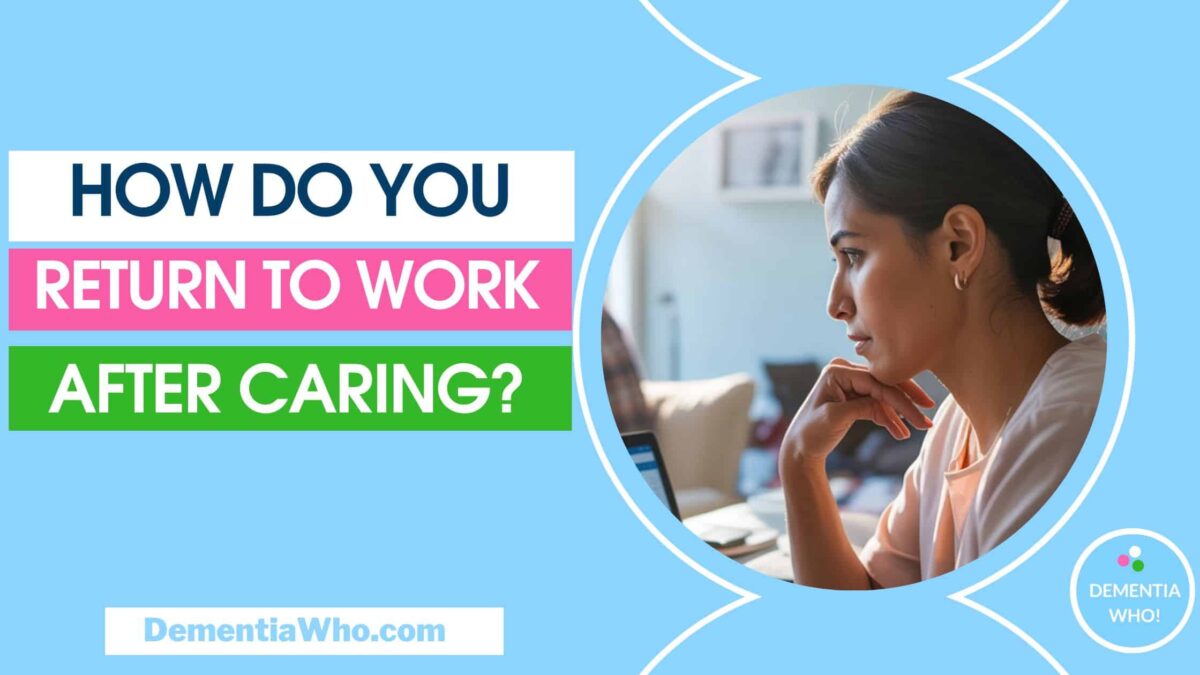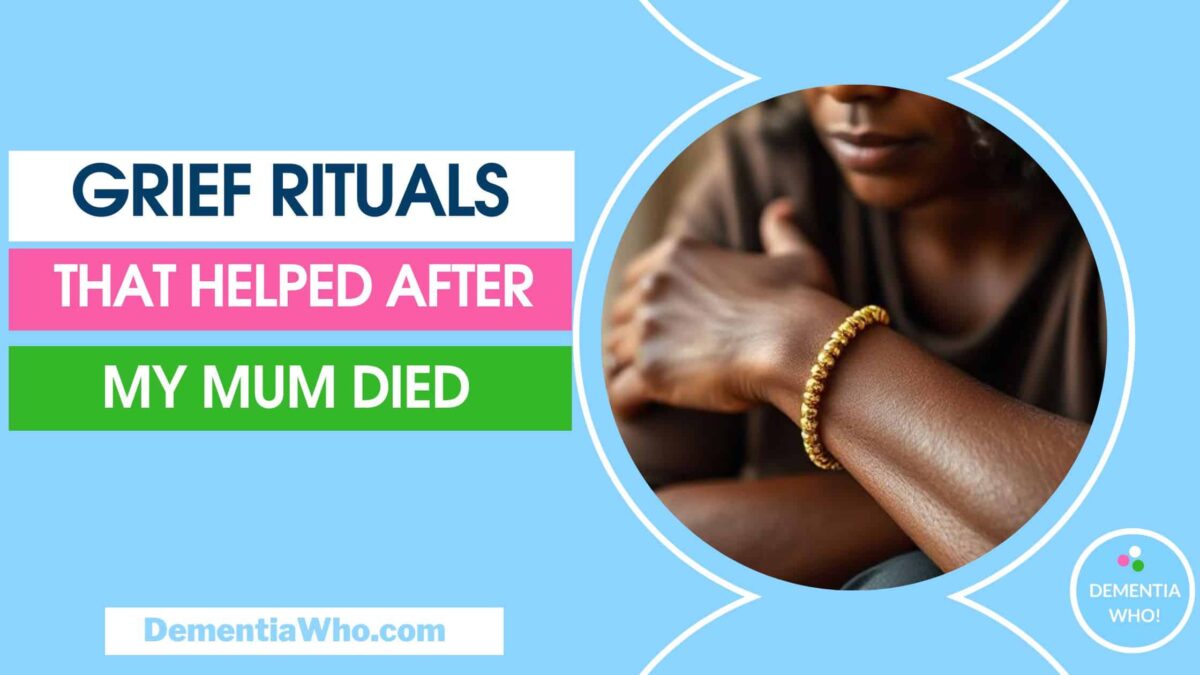It was a relief to get a dementia diagnosis for Mum after years of knowing something was wrong. Finally! It was a scary, really difficult time and the whole process was a disaster but it gave us the information we needed to start to plan for the future.
It began our journey of educating ourselves, finding the right support, planning for the future and fighting the huge number of myths that a dementia diagnosis comes with. But the getting that diagnosis was plagued with problems and culturally the assessment process itself wasn’t designed for someone from a ethnic minority.
Getting A Dementia Diagnosis – A Caregiver’s Perspective!
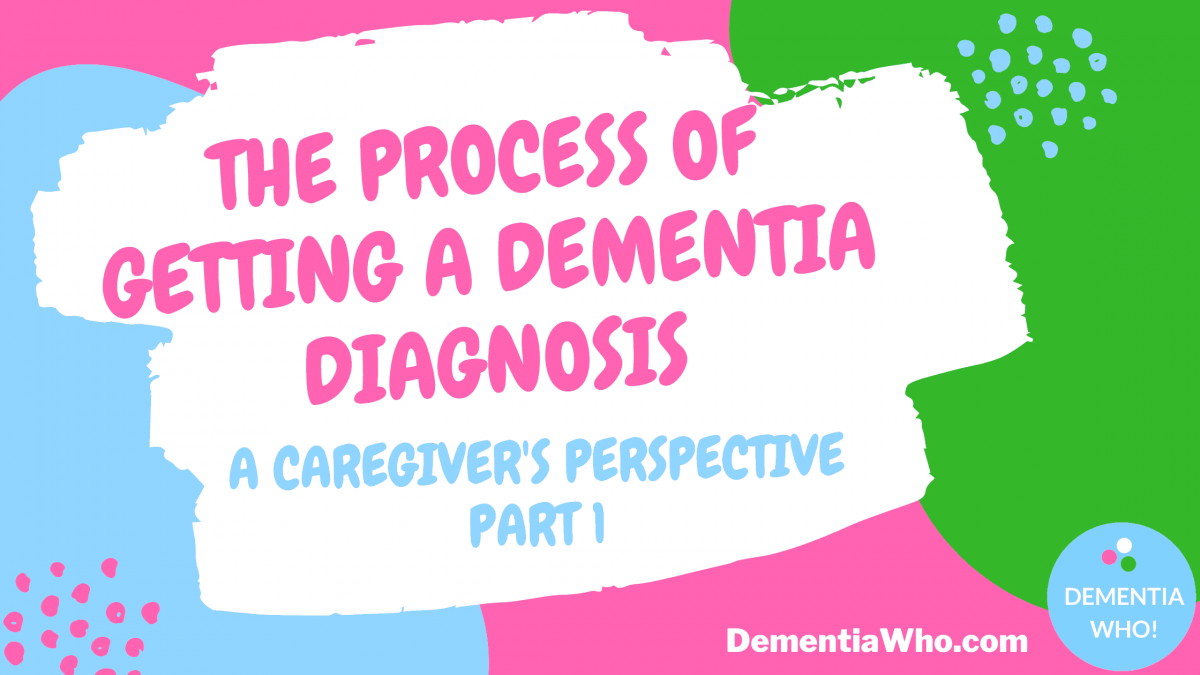
I wish I had pushed harder to get that diagnosis earlier in hindsight. Now, I know that an early diagnosis of dementia can mean that you have more options, interventions and drug treatments that can slow the progression of the disease.
It is easy to see why some people are diagnosed much later with over 100 lesser-known types of dementia and varying symptoms other than memory loss. It’s easy to dismiss these small changes, as something else when it’s not.
In our case, Mum started to exhibit memory loss, and it developed pretty gradually. It became more evident as her repetition increased, when she’d get confused more quickly, and now when I look back, her increased frequency of falls should’ve been another warning sign.
For others it could be spatial awareness, being able to complete a sequence of events like brushing your teeth without being confused, having trouble communicating, mixing up words & difficulty following conversations etc There are so many different types of symptoms based on the type of dementia and what part of the brain is affected by the condition.
The Beginning -Doctor’s Visit
Mum always saw the same GP and allowed me to accompany her to appointments. I tried to get her to open up about her memory issues. But she refused to speak to the GP about it.
I had spoken privately with the doctor about my concerns, but there was nothing she could do unless Mum herself raised the issue.
That began a long, drawn-out process of me trying to convince Mum to talk to the doctor, and the doctor trying to ask questions, but Mum pushing back and saying some variation of:
‘there’s nothing wrong with me. I came here to talk about my chest, not my memory, that’s fine,”
I didn’t push Mum as much as I should’ve, as I didn’t want to alienate her or lose her trust and just continued to attend appointments with her. The doctor got Mum to submit samples of everything to test and rule out other causes like UTI (which can cause confusion etc). Months passed with no diagnosis.
One day, something clicked, and Mum finally agreed to do a mini-assessment. The doctor was great; whilst she chatted about general things, she dropped in questions about time and date, where she was and asked her to remember and repeat certain words and identify everyday objects.
Based on her assessment, she referred Mum to the memory clinic for further testing and a scan but it took months for the referral to come through.
Cultural Expectations
Every week, I would prep Mum with the idea of going to the memory clinic when our appointment was approaching. I wasn’t sure if it was dementia. I was worried it could be a brain condition or tumour. Funny when I look back on this and how I internalised it.
I had talked with my family as they had seen these changes in Mum and explained the process of getting a diagnosis. They agreed with me on getting a further assessment. It felt great that they would support me, especially as all the research suggested having support at the appointment.
I had googled everything about dementia and what to expect at a memory clinic appointment. Based on what I read online, it suggested at least two family members, one to help Mum and one to handle any administration during the evaluation. Everyone in the family deferred to me, it seemed that no one else had bothered to do any research of what to expect or how to prepare.
In our African culture, we don’t have a word for dementia. The word we have literally translates to someone being crazy. Typically, families deal with it quietly in-house, and it isn’t discussed as an illness. It’s just they’ve become a little crazy. I don’t think I was aware of any other family member that had dementia before Mum.
I think that’s why they didn’t research it. I thought all was ok with my family, and that they were supporting us but instead, we hit a new obstacle.
Family intervention
The day before the appointment, an intervention occurred that I didn’t see coming. I had prepped Mum; she was ready to go to the memory clinic. A family member was going to accompany us and drive us there. But instead, a family intervention occurred.
Family members came to Mum’s house to stop her from going to the appointment.
What was the point they argued? She’s not ill. It’s her age, and even if it is, what are they going to do?
I tried to explain that we needed to know what the problem was, it could be a brain tumour. We argued, shouting in front of mum, it was horrible, but I wasn’t going to let this go without Mum at the least getting a scan.
Of course, the idea of a scan was used against me as Mum was scared of them and didn’t want one. Family dynamics played a crucial part as well. Mum and I historically had not been close. I didn’t know and was surprise to learn that she’d been sharing her fears of the assessment with them, describing the questions asked by the doctor in her mini-assessment as babyish and embarrassing.
Nobody had bothered to educate themselves on the possibility of dementia or what an assessment entailed. Instead, Mum’s mini-assessment was used as another weapon to argue against going for a complete evaluation.
Memory Clinic
The memory clinic had been moved from the main town hospital to one on the other side of town known historically as the local mental asylum.
So it wasn’t any surprise that once my family learned that the memory clinic had moved there. It brought up all these cultural ideas of being crazy, especially if she was going to a mental asylum. I tried to correct them, even telling them that the memory clinic was located in a separate building from the main mental health hospital.
As we argued, the worst words in the world got thrown out,
“mum, you’re going to the crazy hospital”
I knew I lost the battle right there, this was Mum’s biggest fear!
But I didn’t give up. I was adamant, if no one would support me I would do this with just mum and hope that I was enough support for her.
So the family members left, vowing not to be part of this. No one would support me, and no one would come with me to the appointment to help support Mum. And now Mum was terrified and didn’t want to go.
After years of trying to get Mum to the stage where she agreed to be assessed, all of it was ruined in a few minutes by my family’s baggage and fears of mental health services.
I didn’t know what we do now, as Mum was utterly freaked. I regret there was a lot of shouting and arguing in front of Mum.
Now, she had this picture in her head of going to a mental asylum rather than visiting a memory clinic. I could only hope that Mum would still trust me and go with me in the morning and we finally get to the next stage – Dementia Diagnosis – The Appointment

